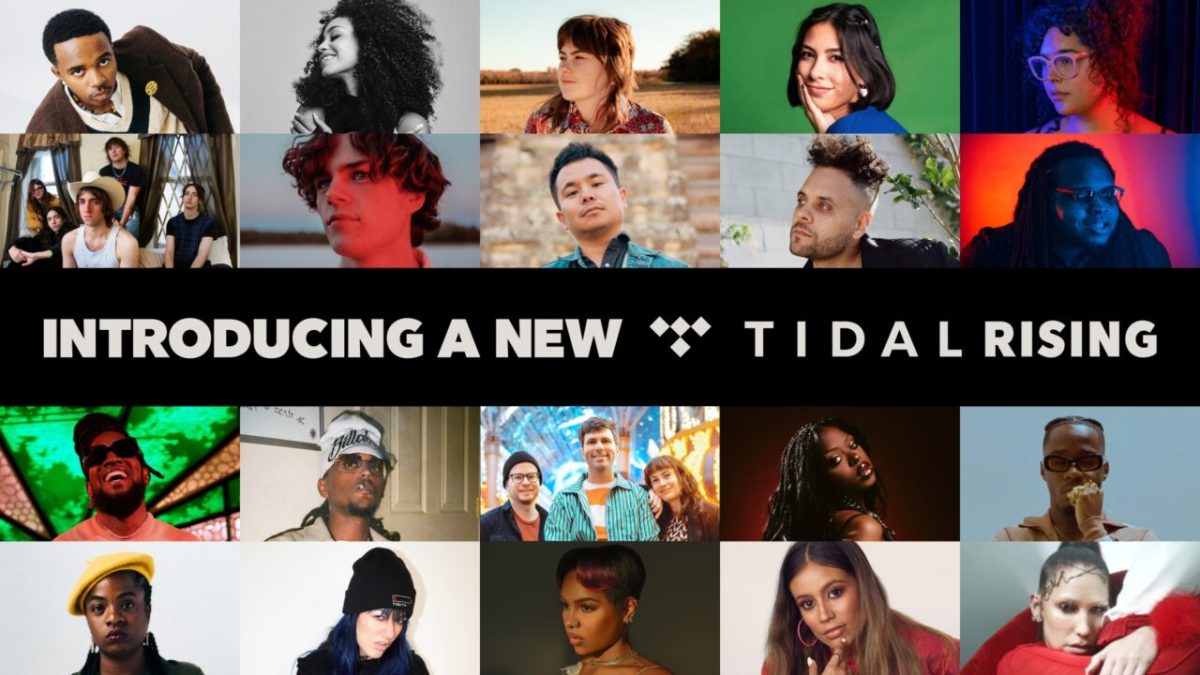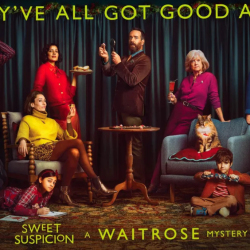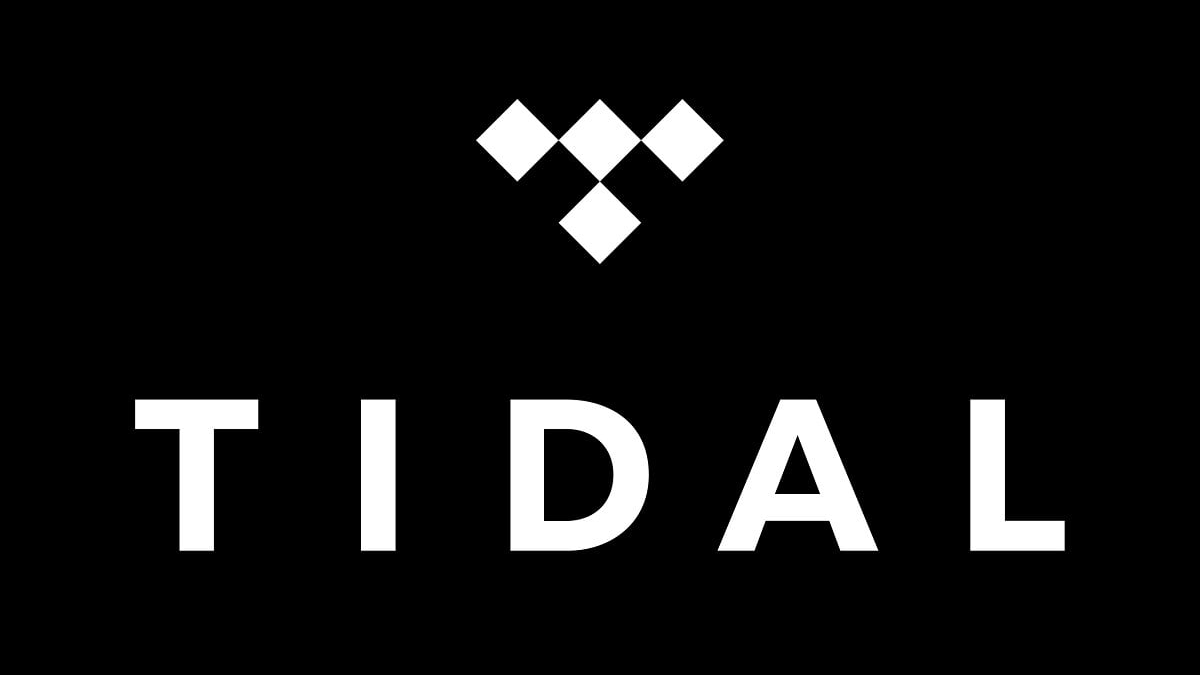Music streaming has come a long way since 2000, when Metallica sued Napster for distributing their material without permission. Metallica said it wasn’t about the money, but about control and consent to use their music. ‘We believe that this settlement will create the kind of enhanced protection for artists that we’ve been seeking from Napster’, said drummer, Lars Ulrich, speaking to Billboard at the time.
And perhaps he was somewhat prophetic, because almost twenty-five years later friction between artists and platforms remains, but music streaming, globally, continues to grow. We’ll come back to this tension, but first let’s look at the growth: this year the global music streaming market is expected to reach revenues of $29bn, with a predicted 1.1bn users by 2027. And 84% of industry revenue now comes from streaming, with people spending an average of 20 hours per week streaming songs.
In terms of key platforms we have: Spotify (246m premium subscribers), Tencent Music (117m, only in China), YouTube Music (100m, although this includes YouTube premium subscribers), Apple Music (93m), Amazon Music (82m), Soundcloud (76m), SiriusXM (33m – and they now own Pandora), Deezer (10m), Tidal (2.1m), and Qobuz (200,000). TechRadar has a nice breakdown of the best music streamers in 2024; so whether you’re after access to Spotify, Apple or Amazon’s vast library, or you want Tidal or Qobuz for superior sound quality, or Deezer’s community features like song lyric recognition and music quizzes appeals to you, one of these platforms should have you covered. And speaking of sound quality, there’s a bit of a groundswell of support for two on the list above, Tidal and Qobuz, as they’ve both begun to build their reputations within the streaming community as the go-to platforms for audiophiles.
The former, Tidal, was launched in 2014 by a Norwegian-Swedish company, acquired by US rapper Jay-Z in 2015, and then acquired by Block Inc. in 2021 (a fintech company owned by Twitter’s co-founder and former CEO, Jack Dorsey). Dorsey tweeted his reasons for the acquisition at the time, saying ‘It comes down to a simple idea: finding new ways for artists to support their work. New ideas are found at the intersections, and we believe there’s a compelling one between music and the economy. Making the economy work for artists is similar to what Square has done for sellers.’ Square has since been renamed Block Inc., but what it’s done for the sellers he mentioned, is allow millions of small businesses to accept credit card payments, track sales and inventory, and obtain financing.

For Tidal, Block Inc.’s involvement could do something similar, which could help turn the fortunes of the platform around. Because whilst they have passionate and loyal subscribers, they don’t have many compared to their competitors, and the platform has historically struggled to make money. Tidal’s new strategy involves greater focus on their RISING programme, which empowers new artists, helping them with resourcing, tour budgets, and understanding how paid media such as Facebook directly relates to streaming numbers and ticket sales. Tidal’s CEO Jesse Dorogusker has also said ‘the platform’s support of artists must extend beyond monetizing the streams that artists generate on its platform.’
Which, to return to the start of this piece, is perhaps what Metallica wanted all along. Another issue for artists (and perhaps platforms too) is streaming has arguably driven down the perceived value of music over the last two decades. This is something Tidal’s CEO has also spoken about recently, calling music ‘undervalued and underpriced’. Speaking to Music Business Worldwide last year, Jesse discussed Tidal’s Artist Home, a new feature to allow artists more control over how they manage their presence to allow them to get closer to fans on the platform.
Whilst Spotify, Amazon, Apple and Soundcloud all have equivalent services and hubs for artists, Tidal’s offering seems to focus most on empowering artists. Their approach, in terms of working with artists, sounds encouraging, and I hope it pays off.
Music streaming is definitely here to stay, and may have arguably saved the music industry. But despite streaming continuing to grow, getting platforms off the ground and achieving consistent growth of subscribers continues to be a challenge for some. TikTok tried it recently, with TikTok Music, which lasted a year and is closing down next month. TikTok realised it’s likely easier to collaborate with Spotify, Apple and Amazon, rather than compete with them. Ultimately, in whatever way music streaming evolves, I hope empowering artists and putting fans first continues to be front and centre of streaming platform strategies. Tidal appears to be leading the way in that sense, hopefully setting the standard for others to follow.

































